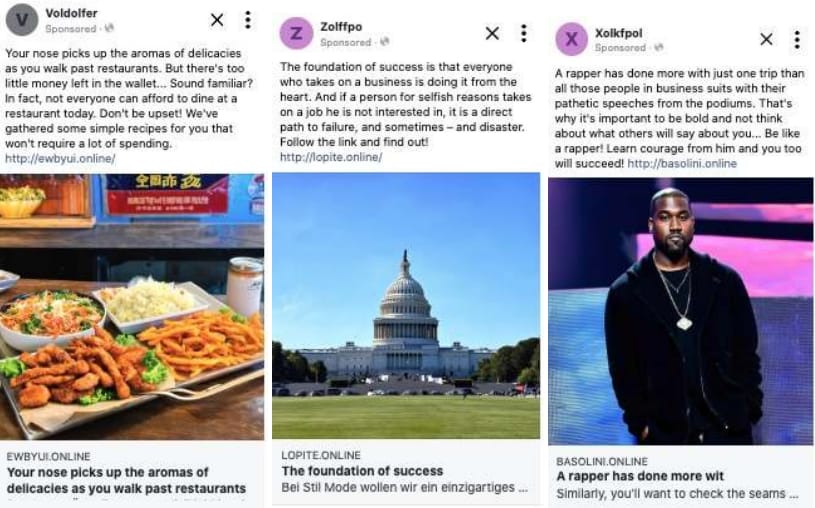
Meta’s Adversarial Threat Report for the second quarter of 2024 delivers a comprehensive overview of global efforts to manipulate public discourse, with Russia once again emerging as the primary source of coordinated inauthentic behavior (CIB).
Meta’s report highlights significant disruptions across multiple countries, involving over 500 assets (accounts, pages, and groups) removed from Facebook and Instagram. These operations were not limited to any one region but spanned from Russia to Vietnam and the United States, each employing distinct strategies to achieve their goals. However, it is Russia’s influence operations that dominate the landscape, both in terms of scale and impact.
Russian threats persisting and evolving
Russia remains the most significant source of CIB, with Meta identifying and dismantling four major operations during this quarter. These operations were designed to influence public opinion in various regions, using a mix of AI-generated content, fictitious news websites, and real-world stunts.
- Targeting the Caucasus: Georgia, Armenia, and Azerbaijan
Meta disrupted a network consisting of 76 Facebook accounts, 30 Pages, and 11 Instagram accounts. This operation focused on creating fictitious news websites that pushed pro-Russian narratives while criticizing the West. The operation also leveraged $77,000 in ad spending, primarily targeting these regions to amplify its reach. - Global influence on English- and French-speaking audiences
Another significant Russian operation targeted global audiences, particularly in Francophone Africa and the West. Using 20 Facebook accounts, 14 Pages, and 9 Instagram accounts, this network spread AI-generated summaries of news articles, focusing on diminishing Western support for Ukraine and promoting Russian interests in Africa. Despite a relatively modest $2,800 in ad spending, the operation's reach was broad, utilizing multiple platforms, including YouTube and Telegram. - Confusion and manipulation in Ukraine
One of the more complex operations involved 43 Facebook accounts and 85 Pages, aiming to both support and undermine Ukraine. This operation engaged in real-world stunts in European cities like Paris and Warsaw, such as placing coffins near landmarks to symbolize the consequences of Western military support for Ukraine. The campaign spent $35,000 on ads to enhance its visibility, but Meta’s swift action limited its effectiveness. - Undermining Ukraine and the EU
The fourth Russian network targeted Ukraine, Poland, the broader EU, and the United States, using 12 Facebook accounts, 32 Pages, 5 Groups, and 3 Instagram accounts. This operation focused on anti-Ukraine messaging and criticism of Western aid. With $41,000 in ad spending, it employed fake accounts and proxy IP addresses to disguise its origins and evade detection.
In addition to the Russian operations, Meta disrupted networks from Vietnam and the United States, which targeted audiences with misleading political content. The Vietnam-based network, in particular, was notable for its $1.2 million ad spend and its focus on discrediting Qatar across multiple platforms.

Meta
Conclusion
Meta’s Q2 2024 report underscores the adaptability and persistence of Russian influence operations. While Meta’s enforcement efforts have significantly degraded the reach of these operations, the report emphasizes the ongoing need for vigilance by social media platform users. Similar actions are taken and reported every quarter, but global adversaries continue to refine their tactics and try new strategies, and hence this activity isn't expected to stop.







Leave a Reply